
The 1-year repatriation milestone: A personal reflection & tips
My phone remembered me that we left our apartment in Chicago exactly one year ago. After a typical Covid Weekend (meaning you are only able to recharge your batteries to 60%) I want to take the time to reflect on this past year and how my expatriate experience helped me navigate through this year.
About Kate
Hello, I am Kate! If we don’t know each other yet here is a short introduction: I started SharetheLove during my expat time in Chicago to bring more attention to the dilemma of expat partners and their career self-realization. After a career in corporate (marketing & business development), I went through a very extensive training to become a coach to support women in their search for professional identity abroad and after their return, in addition to my blog, through 1:1 and group coaching (Mastermind Group). We have been back in Munich for a year now and are slowly trying to settle in. As a souvenir, we brought our now 17-month-old daughter with us. Nice to have you here. Feel free to say hello and tell me about yourself: info@sharethelove.blog
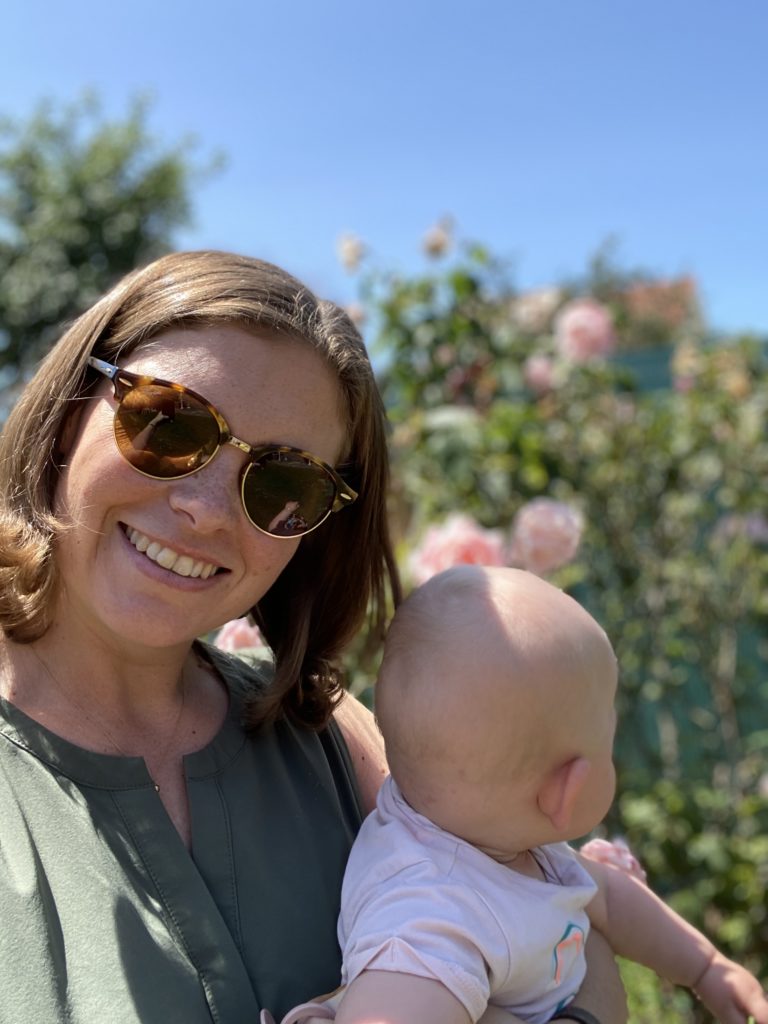
About repatriating
A successful repatriation process starts before actually leaving the country. I remember me searching the web for activities and day trips within Munich to feel more connected to my previous home town. Making lists of potential todos helped me to kickstart some excitement about the upcoming months. I reactivated my network and spread the word about our return. Back then we have been just at the beginning of this pandemic and little did we knew about the actual consequences of social interaction in the future.
There is lots of research around the topic of creating a smooth repatriation process. Preparation is a key element. Many authors mention the work by Black et al. from 1992. Here one example by Szkudlarek (2010): „Consequently, Black et al. (1992a) argue that the readjustment process should be made not only after reentry, but, most importantly, it should include cognitive anticipatory adjustment before return. This would help in building up a realistic level of expectations.“
And although this paper is almost 30 years old it is still very much on point.
So in case you are looking for some direct advice, I would always recommend you to start the preparation phase early. When you are starting to manage the international move (see this blog post for more tips here) you can also start your emotional adjustment period:
- Re-activate your professional/personal network (even if you are not planning to go back to your former position)
- Create some excitement by reading about your new home. Even when you are moving back to a very familiar place much has changed. Start following the local news again, watch out for local expat communities, etc.
- Read about the psychological model of re-entry. Knowing what to expect will not guarantee a smooth transition (because learnings are never smooth) but it will help you to allocate your feelings. (Check out this blog post about the 5 phases of culture shock)
"The readjustment process should be made not only after reentry, but, most importantly, it should include cognitive anticipatory adjustment before return"
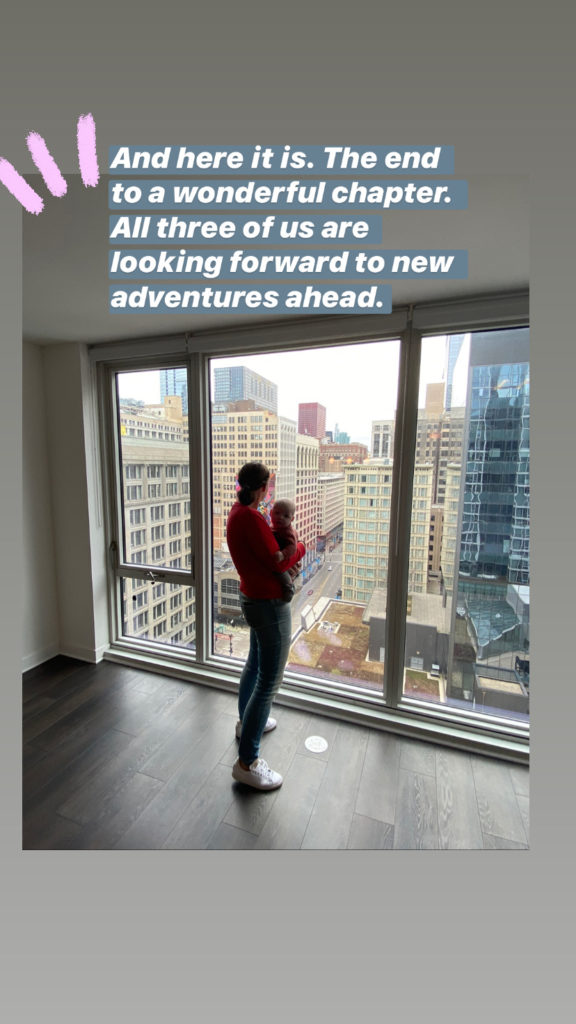
Creating a home
Studies are indicating that single repatriates have greater social difficulties upon return than expats in a partnership. When you are researching the supportive role of the expat partner along the whole expatriation journey this is not a surprise. Arriving and creating a home is not done with unpacking and a welcome back party. It needs the mental capacity to think about small action steps along the way that might help. While you are returning as a couple, you most likely have adopted the host culture a bit. So it can help to:
- Identify little habits and celebrations you started while living abroad that you want to take back home. A certain hobby? Celebrating St. Patrick Day? Phone calls to family members at a certain date? The one new magazine or online journal you want to continue reading? Incorporate those global ingredients into your everyday life.
- Identify ways to incorporate the expat lifestyle if that is something you loved during your time abroad. We had an amazing international circle of friends in Chicago and coming back I was longing for those cross-cultural friendships. It can help to join expat communities online or find local activities with a more diverse target audience.
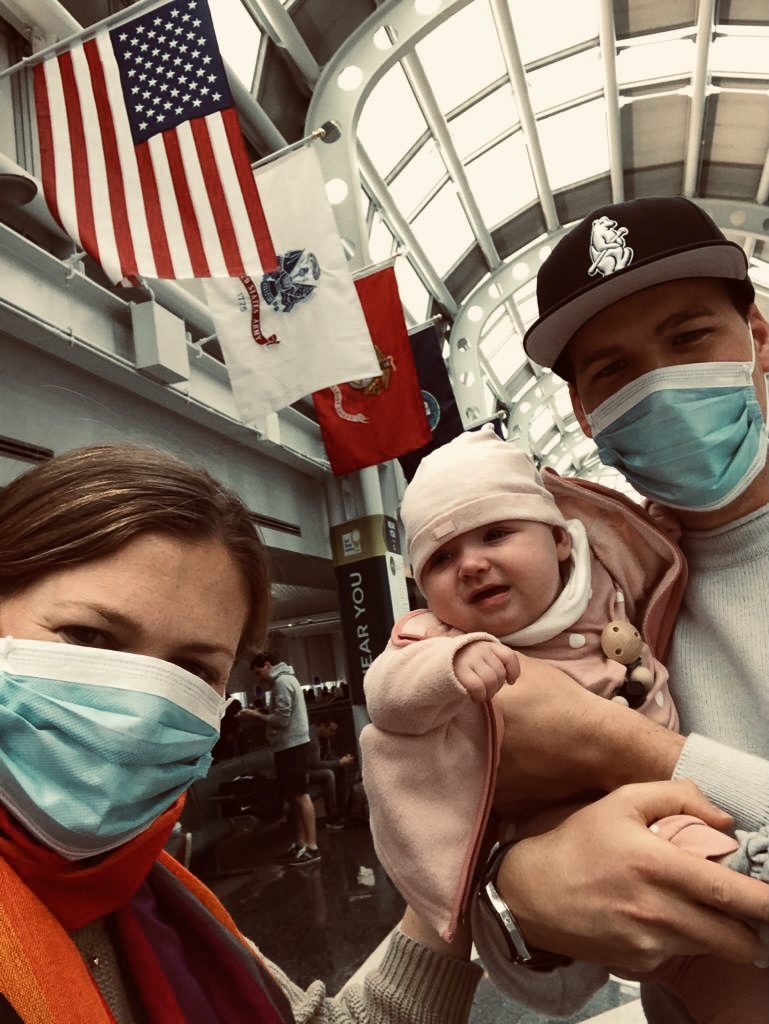
The spouse repatriation process
Why is that one different from the typical corporate repatriation process? Well, it does not have to be different but it most certainly is for the ones who haven’t worked during their time abroad and are aiming for re-entering the workforce. In that case, you are not only phased with cultural adaptations and the creation of a new social circle but also with the BIG questions of: What to do professionally? How to explain the time abroad to a potential employer? How to re-enter the job market when your CV is not as linear as it used to be (see blog post with tips on that here).
Many of my coaching clients are in that exact phase and that would be also my clear advice to you: Look out for a mentor/coach along the way. Re-entering the workforce is a tricky and emotional process. There will be rejections along the way, days where you are doubting your own skills, and lots of applications to companies you silently hope will not take you. And similar to moving abroad there is this big void that too many potential options create. Should I go back to my former job? Should I make a career shift? Different industry? Different position? How many hours a week? Should it be portable or do we aim to stay out for a while? It is a time of deep reflection work to be able to invest all your energy in one specific path rather than opening many doors without ever stepping through. (interested in a 1:1 coaching offer? Find out more here)
When we returned, I flirted with the idea of returning to the familiar corporate world. The temptation was great to pick up the thread where I left it. However, the topic of expat support didn’t let me go. I appreciated too much the impact I have as a coach, which I never felt in my usual corporate role. The aha moment of my clients during a coaching session, the voice of the expat women that gets louder and stronger through our work, and the joy and awe I feel when working in an international context. So I decided to jump and include this entrepreneurial part of my identity in my repatriation process.
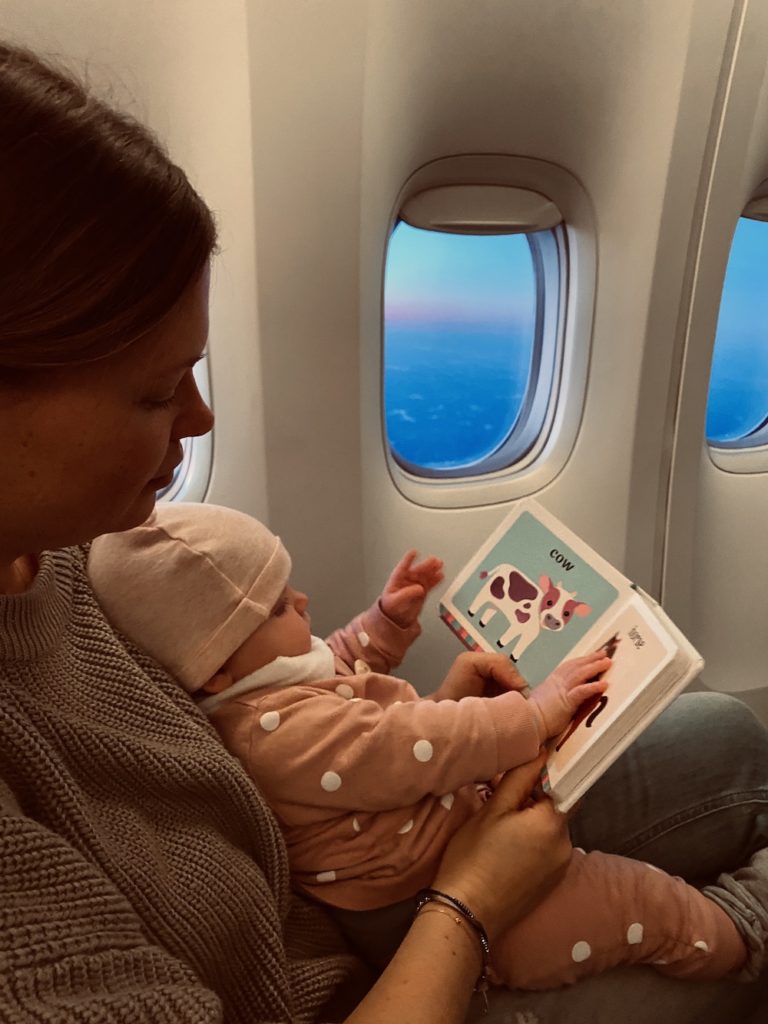
"In more normal circumstances, repatriating is a time full of uncertainties only this time everyone was feeling uncertain about their future."
Moving back in times of COVID-19
Looking at all the papers I have read about repatriation, all the conversations I had with fellow colleagues who have repatriated, and thinking about my very own repatriating clients before this pandemic, it all feels very different.
We repatriated to a country in shock. It was a new situation for all of us. Although we were back in Germany we did not visit our friends in person. The first weeks we have been in quarantine and video calling friends and family were awkwardly familiar to us from our time abroad. The missing time difference helped a bit but not so much with staying in touch with the friends we just left. In more normal circumstances, repatriating is a time full of uncertainties only this time everyone was feeling uncertain about their future.
We were able to use many of our soft skills we acquired while living abroad: Observing differences before judging right away, staying in touch with loved ones in a digital way, living in a house that does not feel like home yet. And while you can of course shop online for many things like pictures and flower vases, you don’t build the same emotional connection that you would if you discovered something on a trip into town or at the flea market. There’s no shared memory of the moment you discovered that new piece of furniture, just the scenario of two people lying on the sofa next to each other comparing prices on their phones.
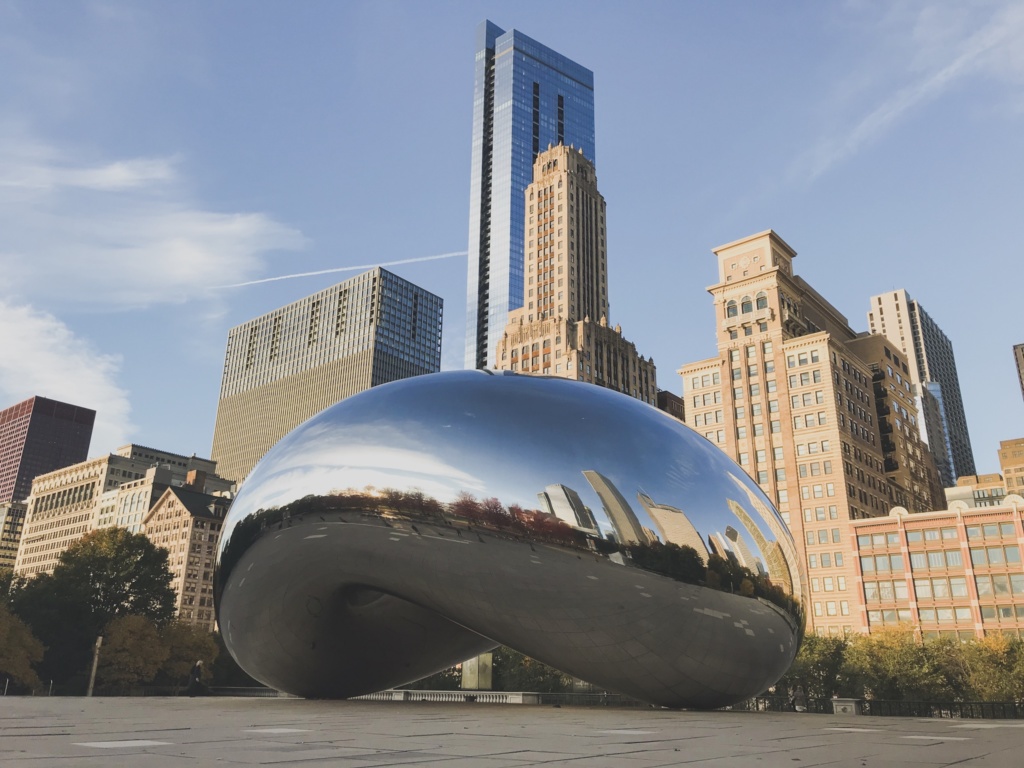
"We were able to use many of our soft skills we acquired while living abroad: Observing differences before judging right away, staying in touch with loved ones in a digital way, living in a house that does not feel like home yet."
This sense of insecurity brought us all a little closer together as a society at that time, and so we didn’t feel so much like foreigners after arrival. It was a new situation for everyone – not just for us. 1 year later, Germany is probably facing a lockdown once again. The mood is no longer quite so cohesive. Many are tired and also partly angry. In this phase, I just realize again how much our experiences abroad help me here as well. As a family, we are incredibly close. No leaf fits between us. We have been on our own before and so it feels very familiar: The regular well-intentioned look at each other asking how they are doing and being asked to articulate feelings and fears openly. The regular check-ins with each other. The learned coping mechanisms with uncertainty. Many expat families find the time abroad to be a test of the relationship from which one either emerges stronger or apart. The divorce figures speak a very clear language here. You learn to be a rock for each other when everything around you is raging. I am currently benefiting from this very much and am very grateful for this couple resilience that we have built up.
The Verdict
So all in all, while we’ve effectively been back in Germany for a year, in reality, the pandemic has kept quite a lot under wraps. We still haven’t met many friends in person, new contacts with great people from all over the world are primarily made online, and our daughter has seen her grandparents much less often than we all imagined. The culture shock is significantly weakened. In the past, it was always irritating when people were suddenly standing much closer to me than I was used to, but now, thanks to social distancing, this is not even noticeable. I used to miss talking to people at the checkout or even neighbors more than just hello and goodbye, that has also changed a lot thanks to Corona. Maybe there will be a second repatriation phase after the „end“ of the pandemic when all these small cultural differences will suddenly become apparent again and maybe we will have managed to feel at home by then. I am excited for everything that is about to come.
Are you about to move back as well or have recently repatriated? Would love to hear from you and learn about your experiences!
If you are missing a community right now in these times I can recommend you joining my mastermind group or global coffee dates! Would love to see you there! Also, check out this blog post about repatriation if you are looking for more tips!


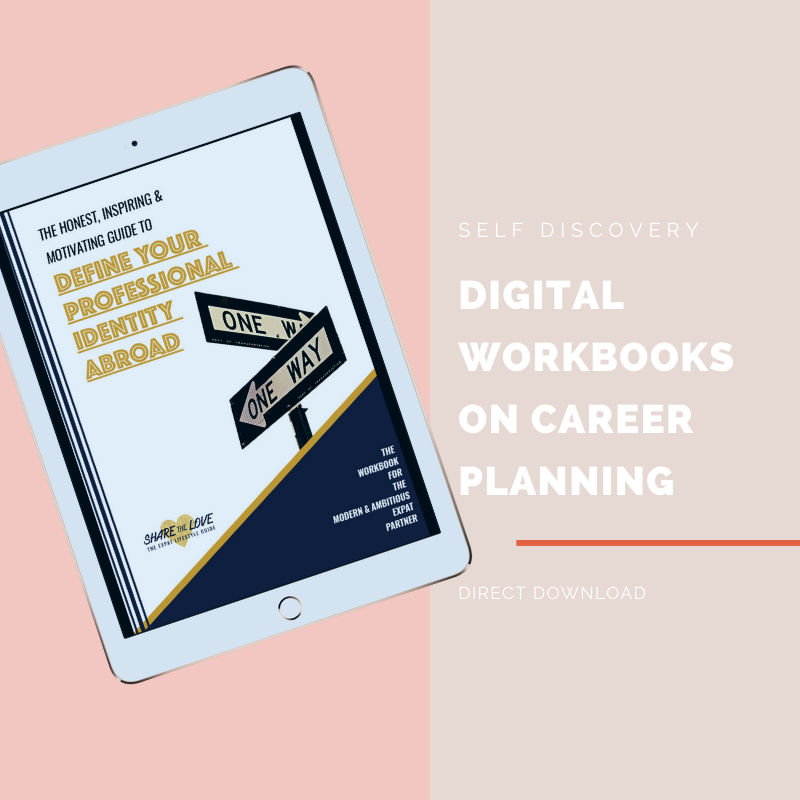








Eine Antwort
Dear Kate,
Very well written! Thank you for your honesty!
I feel exactly like you. With our next move coming up I am excited about the new things but at the same time a bit sad that I couldn’t experience my home town to the fullest, meaning exploring the new restaurants, finding new friends, discovering new sights with my family. It has been really a very weird re-patriation, nothing like all the expert expat books described! But here we are, maybe an idea for you to write a book about this?
Lots of Love
Ulli